The company says it has been able to achieve this feat in three years, since it set foot in the Southeast Asian market as part of its strategy to expand its global footprint.
In addition, the company has a strategic tie-up with Green EV Charge (previously known as Yinson GreenTech) for expanding the charging infrastructure in the country. Exicom also supplies fast chargers to car dealers through Pekema (Persatuan Pengimpot Peniaga Kenderaan Melayu Malaysia). This apart, it is also setting up fast charging stations on Malaysian highways with various partners including Tenaga Nasional.
Exicom believes that one of the biggest factors impeding the growth in adoption of electric vehicles is the lack of charging infrastructure.
Though the EV industry in Malaysia is still at a nascent stage, the country is focusing on developing supporting infrastructure in line with the aim to become a carbon-neutral country by 2050. As stated in its 12th Malaysia Plan, the government is determined to support its e-mobility initiative by focusing on the development of EVs and their supporting infrastructure.
Sharing his perspective on the achievement, Anant Nahata, director at Exicom, said: "Malaysia has immense potential for growth in the EV markets in the SEA region and offers vast opportunity for a technology player of our stature to secure our position as a market leader. We take pride in participating in the growth and development of the EV ecosystem with rigorous R&D and technology-backed products. Our future-ready products will propel us to gain strong foothold in the SEA market and help put Exicom brand on the global EV ecosystem map."
Exicom says it is at the forefront of EV charger deployment with its products backed by 50 months of R&D and technology development at its facility in National Capital Region of India.
Due to its world-class innovations, the company continues to remain a trusted technology provider for marque automotive brands, including Tata Motors, MG, and Vovlo. Exicom has already deployed DC chargers at various automotive headquarters and key showrooms, with a nationwide rollout predicted to accelerate over the next 24-36 months.
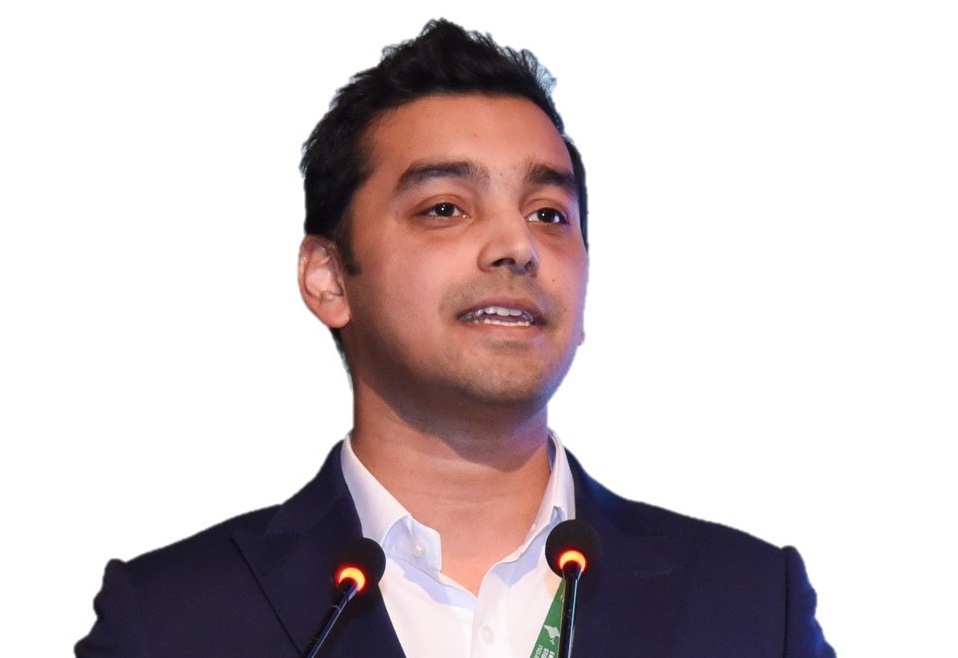
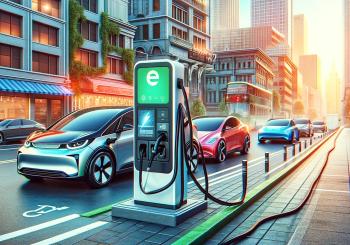
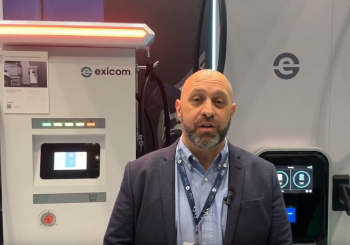
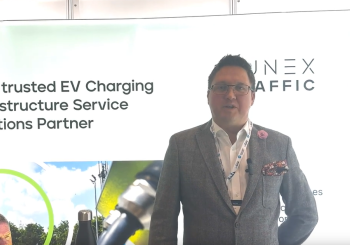
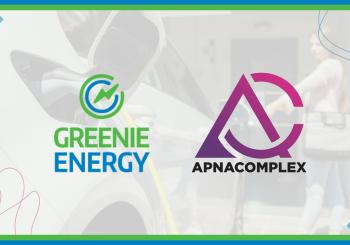
Follow Us On Social Media